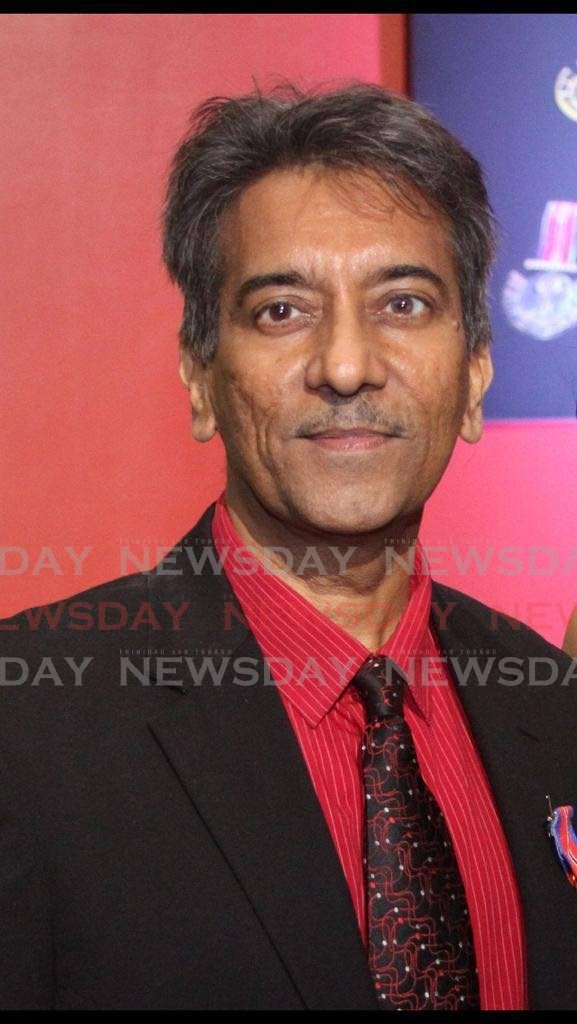Clouded judgment

INDEPENDENT Senator Dr Varma Deyalsingh’s recent proposal for dealing with women trapped in abusive relationships should be resisted at all costs.
Speaking during a webinar on family violence, Dr Deyalsingh called for laws to forcibly remove victims from abusive environments.
“My take is we have to develop a legal system where we can go into a home, take certain individuals who may be clouded in their judgment, and rescue them and bring them into treatment,” he said.
The independent senator, a psychiatrist by training, who is also the secretary of the Association of Psychiatrists, expressed bewilderment as to why people stayed in abusive relationships.
“I always wondered why women do not leave an abusive situation,” Dr Deyalsingh said. “We have safe houses, a police unit dedicated to domestic violence, media reports on the dangers. While we save some, others are incapable of leaving. They have psychological chains which bind them to the abuser and this could cloud their judgment.”
The real puzzle is not why some stay in abusive relationships, but rather why a professional in Dr Deyalsingh’s field finds this hard to understand.
The very nature of abuse, particularly emotional abuse, is that it works on the mind as much as on the body. Staying in place is as much a symptom of fear and trauma as of deeper wounds wrought by the abuser.
To suggest, as Dr Deyalsingh has, that the State should be empowered to forcibly remove an abuse victim from their home is to place an undue burden on the victim, when that burden should lie squarely on the shoulders of the abuser. If there is anyone who should be removed, it is the assailant, not the victim.
It was only a few months ago that Dr Deyalsingh was highlighting the complexities around abuse and espousing the need not to strip power from victims by reporting cases to the police without their consent.
The police should be entitled to act and to do so without the co-operation of victims. But that action should be geared towards bringing the perpetrator to justice and protecting children who may be involved.
However, making an analogy between situations in which the State is empowered to protect an individual from themselves, by invoking the Mental Health Act, and domestic violence situations does little to dispel the victim-blaming that frequently occurs in these cases.
Too often, when a woman is killed by an irate male lover, the focus turns to the conduct of the dead woman, as though she asked for it.
Dr Deyalsingh is right to suggest that the State needs more power.
But that power should relate to its ability to protect victims by physically removing assailants, not the other way around
.


Comments
"Clouded judgment"